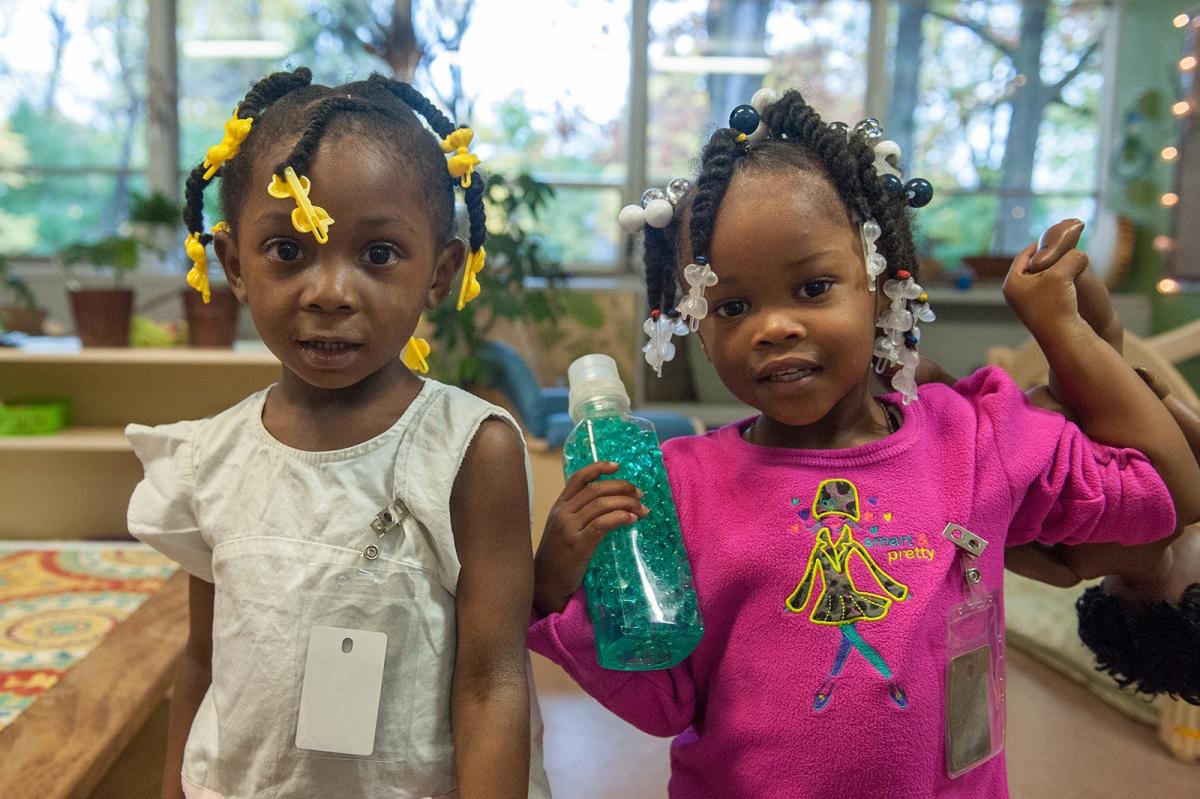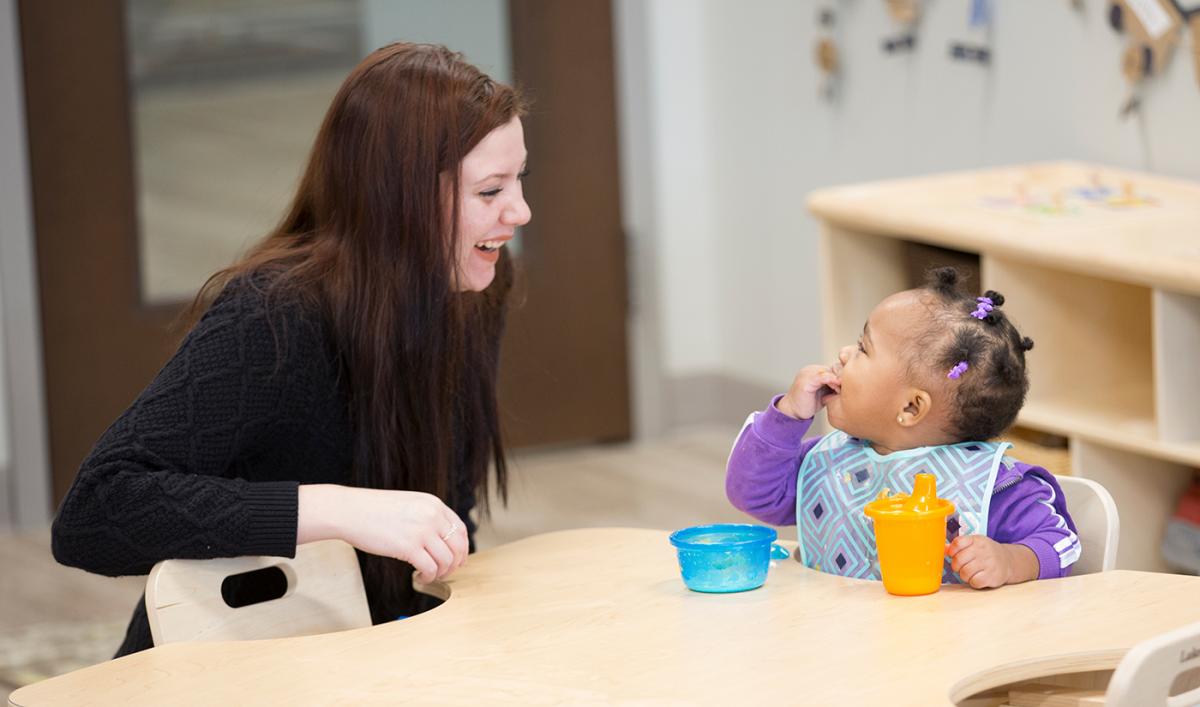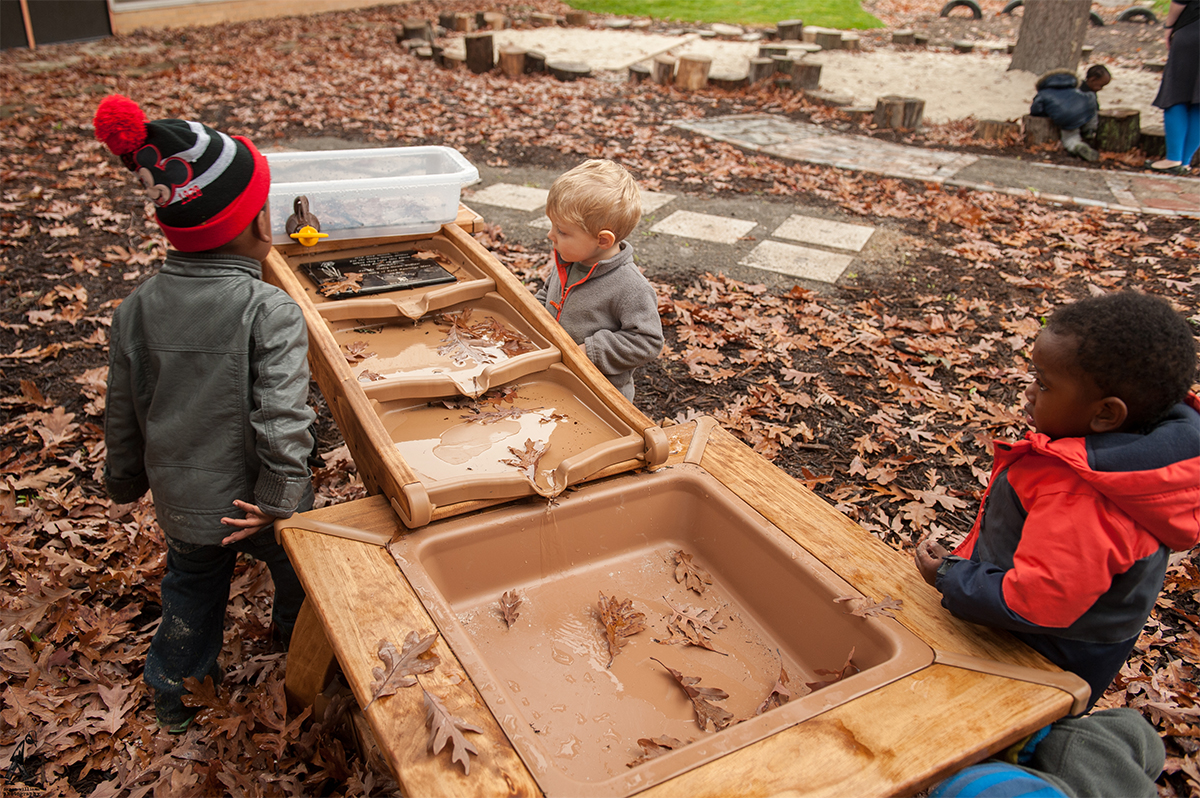Partnering for Progress
Editor's Note: The following is an edited version of a Mott Perspectives piece written by Ridgway White, president of the Charles Stewart Mott Foundation. The original was published on the Foundation’s website on July 16, 2018, and is being republished as a part of our series on the winners of the 2018 Secretary’s Award for Public-Philanthropic Partnerships.
“It seems to me that every person, always, is in a kind of informal partnership with his community.”
 |
Those words, written by Charles Stewart Mott more than a half century ago, get right to the heart of the Mott Foundation’s grantmaking in our hometown of Flint, Michigan, and around the world. From our earliest days, we’ve helped people and organizations to step forward, engage with their communities and create meaningful change.
This approach has never been more crucial — or its impact more evident — than in the wake of Flint’s water crisis, when public, private, nonprofit and philanthropic partners collaborated to rapidly expand access to early childhood education in the city.
This has been an enormous undertaking — one that requires the strong spirit of collaboration that exists in Flint. And while I had the honor of accepting the Secretary’s Award on behalf of these extraordinary partners, it is the community of Flint that will win because so many organizations and agencies willingly jumped in, worked faster and stretched farther than anyone thought possible — all motivated by a single goal: helping Flint children to achieve their full potential.
The result? A previously shuttered elementary school came back to life as Cummings Great Expectations: An Early Childhood Center, which opened its doors to students in October 2016. Shortly thereafter, Educare Flint, a new state-of-the-art early childhood school, went from concept to completion in 11 months and opened its doors in November 2017.
 |
Together, these full-day, full-year schools provide high-quality early learning and wrap-around services for up to 400 children from birth to age 5, as well as supportive services for their families. What’s more, both will serve as hubs of early childhood education, making resources available to other childcare providers in the area and contributing to research on early learning.
The collaboration around early childhood education in Flint has magnified a few key lessons about partnership that I think are worth sharing.
First, know going in that it’s going to be challenging. Every organization brings different perspectives, standards and procedures to the table. People who are inclined to walk away in frustration will miss out on the power and impact that partnership brings.
Next, remember that partnerships are iterative. Each time you successfully collaborate with partners, you’re more likely to engage them in the future.
Collaboration requires more than looking for good partners. It also requires being a good partner. Based on our recent experience, there are a few pieces of advice I’d offer about how to be a good partner:
- Be clear about what you want to achieve.
- Be bold about putting it out there.
- And — this is probably the most important and hardest part — be a good listener! Find out what your partners need and think about how you can help them get it.
Focus on what you do best. People often talk about “swimming in your own lane.” That metaphor works — as long as you think of it as a relay race instead of an individual competition. Each partner is swimming toward the same goal, giving every ounce of effort to help the team win. It takes many partners and allies, each playing to their individual strengths while collaborating with the others, to respond to complex challenges.
 |
Always look to the future, even if you think you’ve already achieved something. For example, we hope the partnership to increase access to early childhood education in Flint also will help children far beyond the borders of our community. That’s why research will be an integral part of our efforts and why we’re glad to have strong academic institutions as partners in the work. If we can demonstrate that free access to high-quality early childhood programs, provided all day and all throughout the year, can help children who may have been exposed to lead to achieve and thrive, then perhaps we can make a compelling case that all children in our country should enjoy such access.
Finally, be grateful! I want to thank all those involved in the effort to provide Flint’s youngest residents with quality early learning opportunities for showing what we can accomplish when we come together and apply our unique strengths to the challenges we all hope to solve.
I also applaud the U.S. Department of Housing and Urban Development, and the Council on Foundations for their efforts to foster collaboration between philanthropies and the public sector. I hope it will prompt more foundations and government agencies to work together to make good things happen in our nation and our world.


